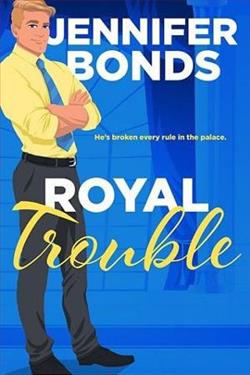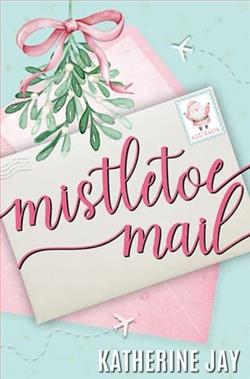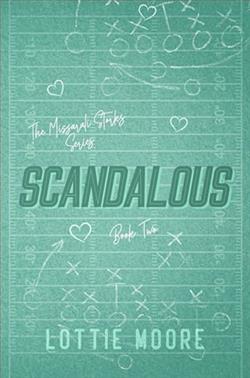Page 236 of The Priory of the Orange Tree
“I know his death must hurt you still, rightly,” Sabran said, “but you must not let it cloud your judgment.”
“I know it.” He drew in a breath. “I must visit Combe.”
“Very well. I will be in the Privy Library, attending to neglected matters of state.”
“An invigorating day ahead of you, then.”
“Indeed.” With another weary smile, Sabran turned back to the Queen Tower. “Good day to you, Lord Arteloth.”
“Good day, Your Majesty.”
In spite of it all, it was a fine thing to be back at court.
In the Dearn Tower, Lord Seyton Combe was wrapped in a blanket, reading a prayer book with bloodshot eyes. He was shivering, and little wonder.
“Lord Arteloth,” the Night Hawk said, when the jailer let Loth in. “How good to see you back at court.”
“I wish I could feel as warmly toward you, Your Grace.”
“Oh, I expect no warmth, my lord. I had good reasons for sending you away, but you will not like them.”
Keeping his face clean of emotion, Loth took a seat.
“For the time being, Queen Sabran has entrusted the investigation of the attempted usurpation of her throne to me,” he said. “I would hear everything you know about Crest.”
Combe sat back. Loth had always found those eyes unnerving.
“When Queen Sabran was confined to her sickbed,” Combe began, “I had no reason, at first, to suspect that anything was amiss with her care. She had agreed to keep to the Queen Tower to conceal her miscarriage, and Lady Roslain was willing to stay with her during her illness. Then, not long after Mistress Duryan left the capital—”
“Fled,” Loth corrected. “In fear for her life. Banishing friends of the queen is something of a habit of yours, Your Grace.”
“I make a habit of protecting her, my lord.”
“You failed.”
At this, Combe heaved a long sigh.
“Yes.” He rubbed at the shadows under his eyes. “Yes, my lord, I did.”
Loth felt, to his exasperation, a flicker of sympathy.
“Continue,” he said.
It was a moment before Combe did. “Doctor Bourn came to me,” he recounted. “He had been ordered out of the Queen Tower. He confessed his fear that, rather than being cared for, Her Majesty was beingguarded. Only Lady Igrain and Lady Roslain were attending her.
“I had long been . . . uneasy about Igrain. I misliked her rather pitiless species of piety.” Combe drew slow circles on his temple. “I had told her what I had learned from one of my spies. That Lady Nurtha, as she is known now, had carnal knowledge of the queen. Something changed in her eyes. She made a comment alluding to Queen Rosarian and her . . . marital conduct.”
A memory, unbidden, of her portrait in Cárscaro, slashed in a fit of jealous rage.
“I began to fit the pieces together, and I misliked the picture they formed,” Combe said. “I sensed Igrain was power-drunk on her own patron virtue. And that she was plotting to supplant her queen with someone else.”
“Roslain.”
Combe nodded. “The future head of the Crest family. When I attempted to enter the royal apartments, I found myself barred by retainers, who told me the queen was too unwell for visitors. I went away without demur, but that night, I, ah, apprehended Igrain’s secretary.
“The duchess is a clever woman. She knew not to keep anything in her own office, but her secretary, under pressure, surrendered documents pertaining to her finances.” A grim smile. “I found recurring stipends from the Duchy of Askrdal. A vast payment from Cárscaro, paid after the death of the Queen Mother. Fine cloth and jewels for bribery. A significant number of crowns had been moved from her coffers to those of a merchant named Tam Atkin. I discovered that he is the half-brother of Bess Weald, who shot Lievelyn.”
“A conspiracy more than a decade in the making,” Loth said, “and you saw none of it.” The corner of his mouth flinched. “A hawk has keen eyes. Perhaps they should name you the Night Mole instead. Nosing blindly in the dark.”















